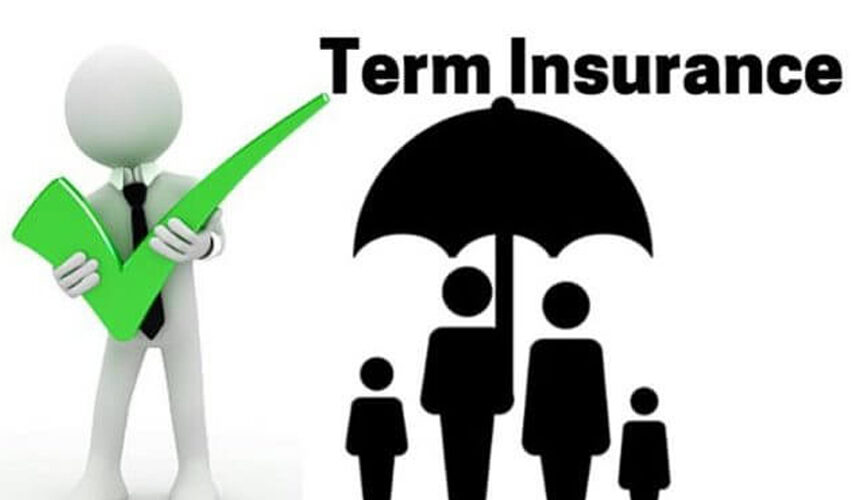If you’re looking for life insurance, you’ve certainly seen that you have a number of possibilities. You might get a perpetual life insurance policy that would last endlessly as long as you keep the policy current and pay the premiums. Alternatively, you might get term life insurance.
Term life insurance is a form of life insurance policy that is designed to give benefits for a specific period of time when others may be relying on your income.
So, what exactly is term life insurance and is it good for you? This information will help you make your selection.
[adinserter block=”15″]
What exactly is term life insurance?
To understand term life insurance, you must first understand how life insurance works. A life insurance policy, in essence, provides a death benefit to a designated beneficiary if the policyholder dies for a covered cause while the policy is in force.
Whole life insurance plans are meant to be in force indefinitely. However, term life insurance contracts are only designed to be in force for a set period of time, such as 20 years. One of the most often asked life insurance issues is why you might only need coverage for a certain time.
However, the majority of individuals simply require term insurance. This is because their loved ones usually rely on their income for a limited time. When you are older and no longer working or raising a family, your death may not result in such a catastrophic financial loss or necessitate hiring somebody to manage the duties you are doing. As a result, coverage would no longer be required to assist your loved ones in maintaining the same standard of living.
What is the procedure for purchasing term life insurance?
Term life insurance can offer coverage for a few years up to 30 years or more. If you purchase a 20-year term insurance and die during the first 20 years, your policy may pay out, providing you are not subject to specific coverage restrictions. Your coverage will not pay out if you die in year 21.
Most term life insurance policies have certain coverage exclusions. For example, if you die doing something extremely risky, like as flying on a non-commercial plane, or if you commit suicide within a short amount of time after acquiring the insurance, the insurer may refuse to pay out.
However, as long as your cause of death isn’t excluded and your policy’s term hasn’t expired, your insurer should pay a death benefit to a designated beneficiary. When you purchase insurance, you will determine the amount of the death benefit. You will also specify who should get the funds (your life insurance beneficiary). You can designate one or more persons as your beneficiaries.
What is the cost of term life insurance?
Term life insurance coverage are often rather inexpensive. In actuality, buying a term policy rather than whole life insurance can save you a lot of money. That is usually the case since a term insurance does not protect you indefinitely, but a whole life policy does. Because your term coverage will expire, a term life insurance may not pay a death benefit, but a whole life policy will usually pay one (as long as you aren’t subject to exclusions and don’t let your coverage lapse).
Whole life insurance has an investing component as well. These insurance accumulate monetary value, which may be cashed in or borrowed against. Premiums are greater since you are purchasing not just insurance but also an investment asset. That is not the case with term life insurance.
The most common form of term life policy is “level term,” which means that your premiums remain constant throughout the period of your policy – they never increase. However, there are additional choices, such as:
Annual renewable plans are only valid for a single year. You can renew your coverage for the time period stated in your original plan, but the rates increase each year.
Decreasing term policies offer a fixed premium, but the death benefit decreases with time, so you pay the same amount each month for less coverage. Decreasing term insurance may be less expensive at first than level term policies, but your death benefit decreases year after year while your premiums remain the same.
The precise rates you will pay for your insurance coverage will be determined by whether you select a level term policy or one of the other alternatives. Typically, the premium cost will be decided by:
- When you purchase your coverage, how old are you?
- How long do you want your insurance to be valid?
- How much coverage do you require?
- What your health condition is at the time you purchase your coverage
- Whether you smoke or have additional risk factors, such as high-risk activities,





